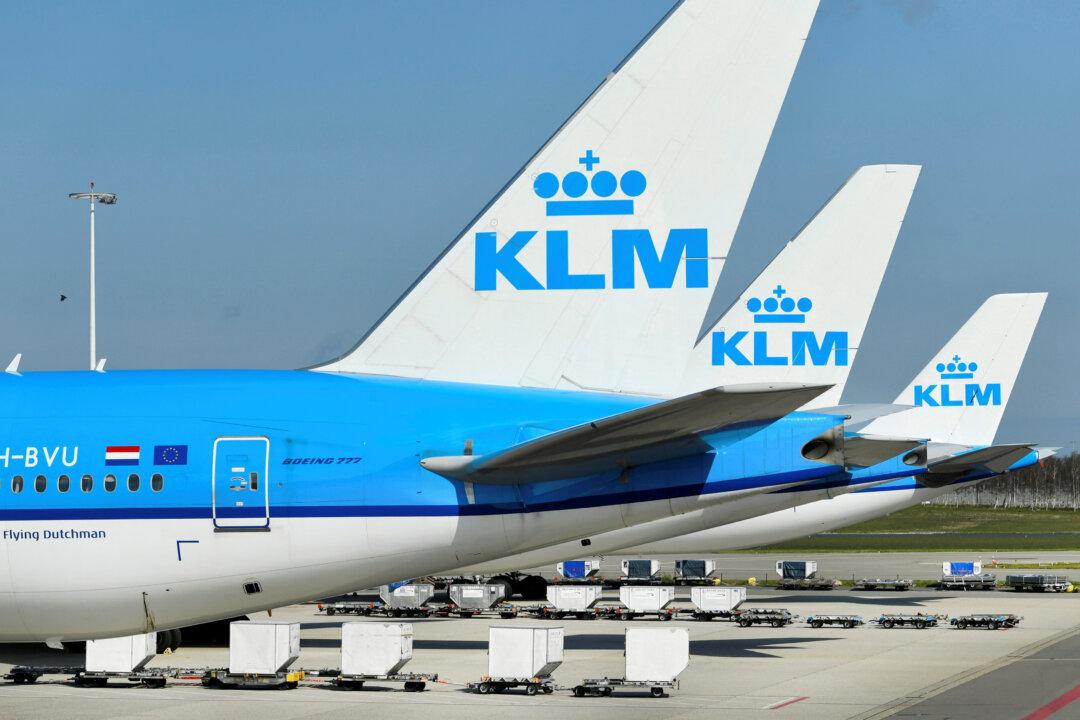The U.S. Department of Transportation (DOT) approved complaints against proposed flight cap measures by the Netherlands that would reduce slots at the Amsterdam Airport Schiphol (AMS) available to U.S.-based airline companies.
On Nov. 3, the DOT approved complaints from industry group Airlines for America (A4A) and JetBlue airlines, both of which argued that the Netherlands’ plan to reduce flights to AMS harms U.S. carriers and violates several agreements. Beginning next year, the Dutch government intends to implement noise reduction measures at AMS, which includes reducing slots available to international airlines.





